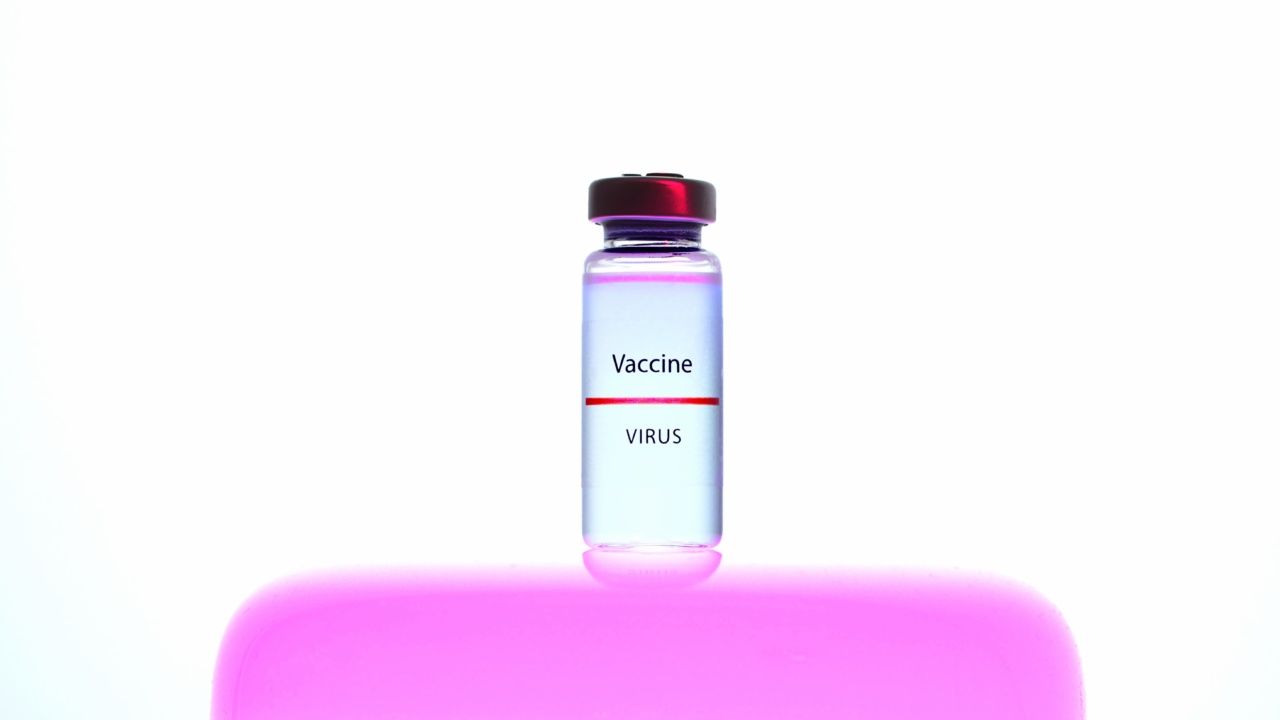Human Papillomavirus (HPV) is a group of more than 200 related viruses, and some of these viruses can cause cancer in both men and women.
HPV infections are very common and can be transmitted through sexual contact, skin-to-skin contact, or contact with infected objects. According to the Centers for Disease Control and Prevention (CDC), nearly all sexually active people will get HPV at some point in their lives.
Although most HPV infections go away without treatment, some can persist and lead to serious health problems, including cancers of the cervix, anus, penis, vulva, vagina, and oropharynx. However, there is a highly effective vaccine that can prevent most cases of these cancers. In this article, we will discuss the importance of HPV vaccination in preventing cancers.
What is HPV vaccination?
HPV vaccination involves giving a vaccine to protect against certain types of HPV. The vaccine works by triggering the body’s immune system to produce antibodies that fight off HPV infections.
There are currently three HPV vaccines available in the United States: Gardasil, Gardasil 9, and Cervarix. Gardasil and Gardasil 9 protect against HPV types that cause most cases of cervical, anal, penile, vaginal, vulvar, and oropharyngeal cancers, as well as genital warts. Cervarix protects against HPV types that cause most cases of cervical cancer.
The vaccine is given as a series of two or three shots, depending on the age of the person at the time of the first dose. The CDC recommends routine HPV vaccination for all boys and girls at age 11 or 12, although the vaccine can be given as early as age 9 and as late as age 26.
Why is HPV vaccination important?
HPV vaccination is important for several reasons:.
1. It can prevent most cases of cervical cancer.
Cervical cancer is the fourth most common cancer in women worldwide, and it is responsible for over 300,000 deaths each year. Nearly all cases of cervical cancer are caused by HPV infections, particularly types 16 and 18.
However, HPV vaccination can prevent most cases of cervical cancer by providing protection against these two types of HPV.
2. It can prevent other types of cancer.
In addition to cervical cancer, HPV infections can also cause other types of cancer, such as anal cancer, penile cancer, vaginal cancer, vulvar cancer, and oropharyngeal cancer.
However, HPV vaccination can prevent most cases of these cancers by providing protection against the types of HPV that cause them.
3. It can prevent genital warts.
Genital warts are a common sexually transmitted infection that can cause discomfort, embarrassment, and social stigma. Although they are not life-threatening, they can be difficult to treat and may recur.
However, HPV vaccination can prevent most cases of genital warts by providing protection against the types of HPV that cause them.
4. It is safe and effective.
The HPV vaccine has been extensively tested in clinical trials and has been shown to be safe and effective.
The vaccine has an excellent safety record, and the most common side effects are mild and temporary, such as pain at the injection site, fever, and headache. The vaccine is also very effective at preventing HPV infections, particularly when given before the onset of sexual activity.
5. It can reduce healthcare costs.
Preventing HPV infections and related cancers can also result in significant healthcare cost savings. The treatment of HPV-related cancers can be very expensive and can involve surgery, radiation therapy, chemotherapy, and other procedures.
Vaccination is a cost-effective way to prevent these cancers and reduce the burden on the healthcare system.
6. It can protect public health.
HPV vaccination can also contribute to public health by reducing the spread of HPV infections and related cancers. When more people are vaccinated against HPV, there is a lower risk of infection for everyone, including those who are not vaccinated.
This is because the vaccine provides herd immunity, which means that it reduces the overall prevalence of the virus in the community.
Conclusion
HPV vaccination is a safe, effective, and important way to prevent most cases of cervical cancer, as well as other types of cancer and genital warts.
The vaccine is recommended for all boys and girls at age 11 or 12, and it can be given as early as age 9 and as late as age 26. Vaccination is an important public health measure that can protect individuals and communities from the devastating effects of HPV-related cancers.































